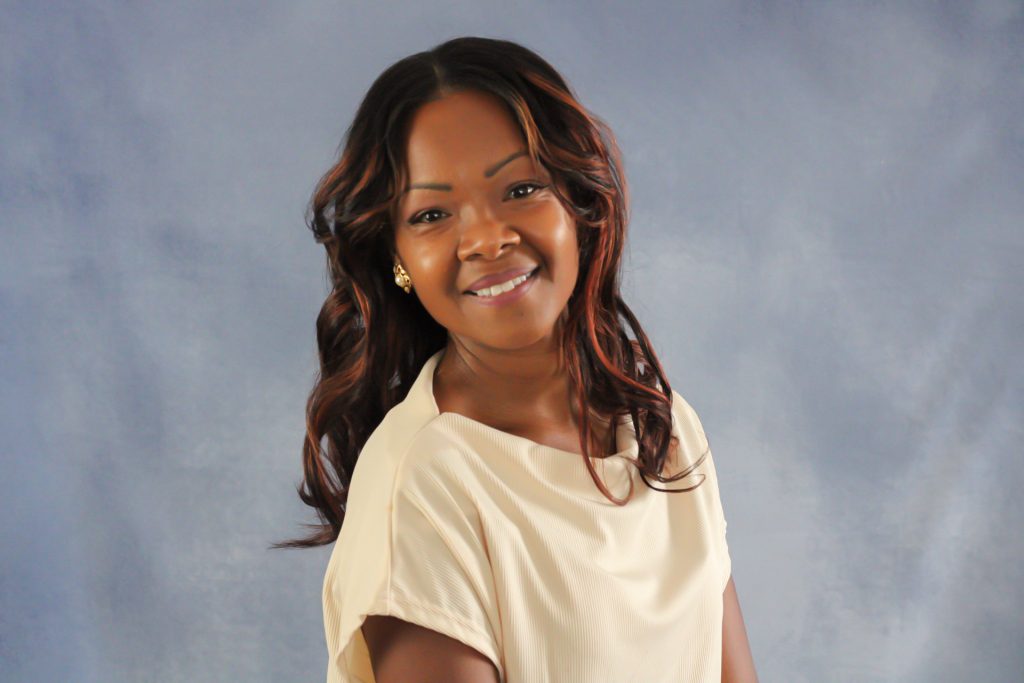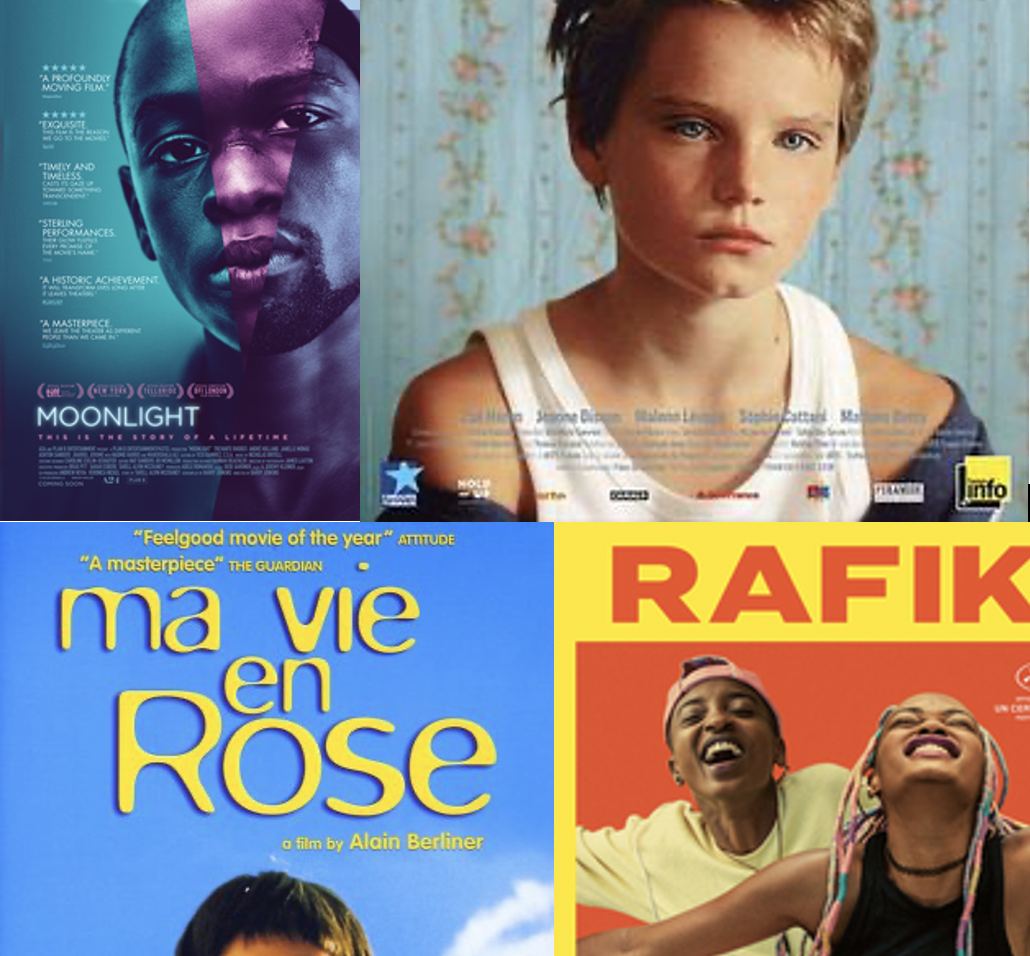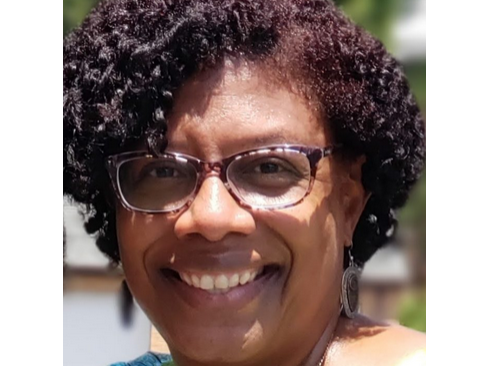The New York City Early Childhood Research Network is a project of the New York Early Childhood Professional Development Institute. The Network brings together researchers, practitioners, and policymakers to collaborate, share knowledge, and generate actionable research. Researchers in the Network represent public and private universities in the metropolitan area as well as individuals from a variety of disciplines and research and practice backgrounds. Their work is instrumental in developing policy for young children. The Research Network invited some of its members to share about their career paths so far, and their future plans. The hope is to showcase the wide range of journeys taken by scholars in our field of early childhood.
Jillian Crosby, Borough of Manhattan Community College
At the age of 15, I thought I was going to be a criminal prosecutor. I volunteered at a local daycare center in Jamaica, Queens and it changed the trajectory of my life. The spark in children’s eyes once they mastered a task, the comradery between staff, relationship based practices grounded in family traditions and love of learning this program provided was the catalyst for a lifelong journey in early childhood education.
When I became a practitioner, things were not as easy as imagined. As a first-year teacher I struggled to manage 18 children, a first year Teaching Assistant, providing a high-quality classroom environment, and satisfying conflicting mandates from the Administration for Children’s Services, the Department of Health and Mental Hygiene, and Head Start on what seemed to be bi-weekly basis. I wanted to quit! Through networking, mentorship and experience I was able to find a healthy balance; but the struggle was still ever-present for myself and almost every other teacher I knew. Then I questioned how often great teachers transition to another profession due to this same frustration. This redirected my focus to helping practitioners embrace and master their multitude of responsibilities as a classroom teacher serving young children and families. To do so, I explored other options such as early intervention and teaching in Taiwan to expand my scope of education. As a director, professional development facilitator, professor of teacher education and researcher I have used multiple avenues to impart my knowledge and experiences to undergraduate Early Childhood Education (ECE) students and practitioners in the field.
My current research, which examines the course content in New York State undergraduate ECE programs to prepare preservice teachers to work with infants, toddlers and families highlights the need for continued work in supporting teachers before and after they enter the classroom. Based on our findings, three recommendations that can perpetuate a lasting cycle of support are: increasing Higher Education (HE) faculty capacity and knowledge of infant toddler care and education based on our Essential Elements for Undergraduate Early Childhood Education Preservice Programs to Prepare Infant-Toddler Educators, include infant toddler fieldwork experiences for pre-service teachers and continued professional development for practitioners in the field.
The Research to Practice series webinar: “Where are the Babies?” and the Infant-Toddler Summer Symposium for New York state ECE faculty each have allowed HE faculty and ECE center administrators to explore the research, share their wealth of knowledge and inhibitions when working with preservice or practicing teachers and grow as a community to strengthen the ECE workforce. Presenting our research to the NYS Board of Regents and other New York City stakeholders is a step in the direction of true change through policy.
Once a practitioner, always a practitioner; and my research will be reflective of this. Moving forward, I would like to continue this research on a broader scale. Next steps are to examine the course content of ECE undergraduate programs in the tri state area, then nationally. My interests also lend to the exploration of professional development opportunities and other support services available for first year teachers.
It sounds cliché, but I believe the children are our future. We must ensure teachers are capable and qualified to perform the delicate work of care and education and can confidently implement pedagogy and policy.
Throughout this amazing journey in the field of education one thing is clear; to really execute change, you must follow the hierarchy of educational leadership and that is what I intend to do. As I begin the Urban Education PhD program at the Graduate Center in the Fall, the inspirational words of Maya Angelou reign: “Still I rise!”
Jillian Crosby is an Adjunct Lecturer at the Borough of Manhattan Community College.



An inspiring journey! Thank you for sharing.
I love this! Reading this as a first-year teacher is so helpful to me. It has been a pleasure to be your student, and you are so inspiring to me! ❤️
WoW ❗️❗️❗️
So very proud of you Jill-Will.
Looking forward to calling you Dr B
I am so very, very proud of you. This is an excellent article! Your passion for children, education, and change has always been heartwarming, and promising. ♥️
WOW!!. YOU NAILED IT. SOOOOOOO
PROUD OF YOU. OF COURSE, I’LL To READ IT AGAIN. HOPEFULLY, NOT THROUGH BLEARY EYES. IN JOYFUL TEARS, RIGHT NOW.